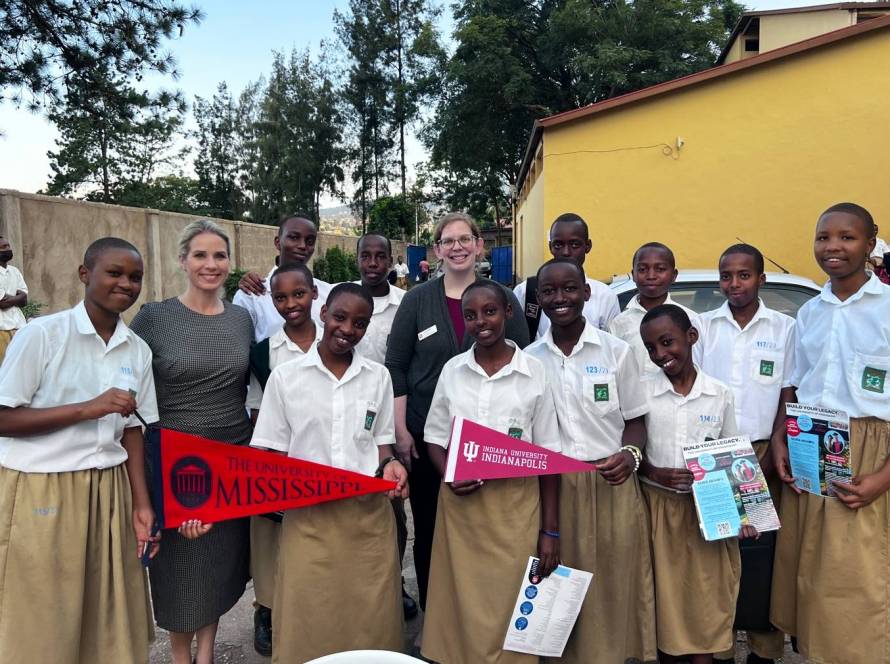The recent decision by Immigration, Refugees and Citizenship Canada (IRCC) to limit the number of new international student permits to approximately 360,000 for 2024 marks a pivotal move towards ensuring the sustainability and integrity of Canada’s education system. This policy, resulting in a 35% decrease from the previous year’s numbers, is designed to stabilize the rapid growth witnessed in the international student sector, particularly in provinces and territories where this expansion has been most pronounced.
The policy is a direct response to a series of challenges that have emerged due to the unchecked surge in international student admissions. These challenges include overburdened infrastructure, strain on housing and healthcare services, and the dilution of educational quality due to the excessive intake of students without corresponding increases in institutional resources and supports.
Additionally, there have been concerns about the exploitation of international students, particularly by private institutions that have aggressively increased their intakes to boost revenue, often at the expense of educational quality and student support services
For students, this change is beneficial in several ways:
1. Quality of Education: By imposing a cap, the policy aims to ensure that educational institutions can maintain, if not improve, the quality of education and support services offered to international students. This is crucial for students who invest significant resources with the expectation of receiving a world-class education and a fulfilling academic experience in Canada.
2. Resource Allocation: A more sustainable number of students means that existing resources, such as housing, campus facilities, and support services, can be allocated more effectively, ensuring that each student receives adequate support to succeed in their studies and beyond.
3. Post-Graduation Opportunities: The policy introduces changes to the Post-Graduation Work Permit Program (PGWPP), notably for master’s graduates who will now be eligible for a 3-year work permit, regardless of the shorter duration of their programs. This change facilitates a smoother transition to the Canadian workforce and increases the chances for international graduates to gain valuable work experience and potentially transition to permanent residency in Canada.
The culmination of these runaway issues in recent years necessitated a recalibration of policy to protect the integrity of Canada’s educational system and ensure that it remains sustainable and aligned with the needs of both domestic and international students. The temporary measures, including the cap and the restructuring of work permit eligibility, are steps towards developing a more balanced and equitable framework that safeguards the interests of all stakeholders in the education sector.
In summary, while the cap on international student permits might seem like a restrictive measure at first glance, it is a strategic move to enhance the overall educational experience for international students in Canada. By addressing the systemic issues that have arisen from rapid student population growth, this policy aims to ensure that Canada remains a preferred and sustainable destination for international education.


